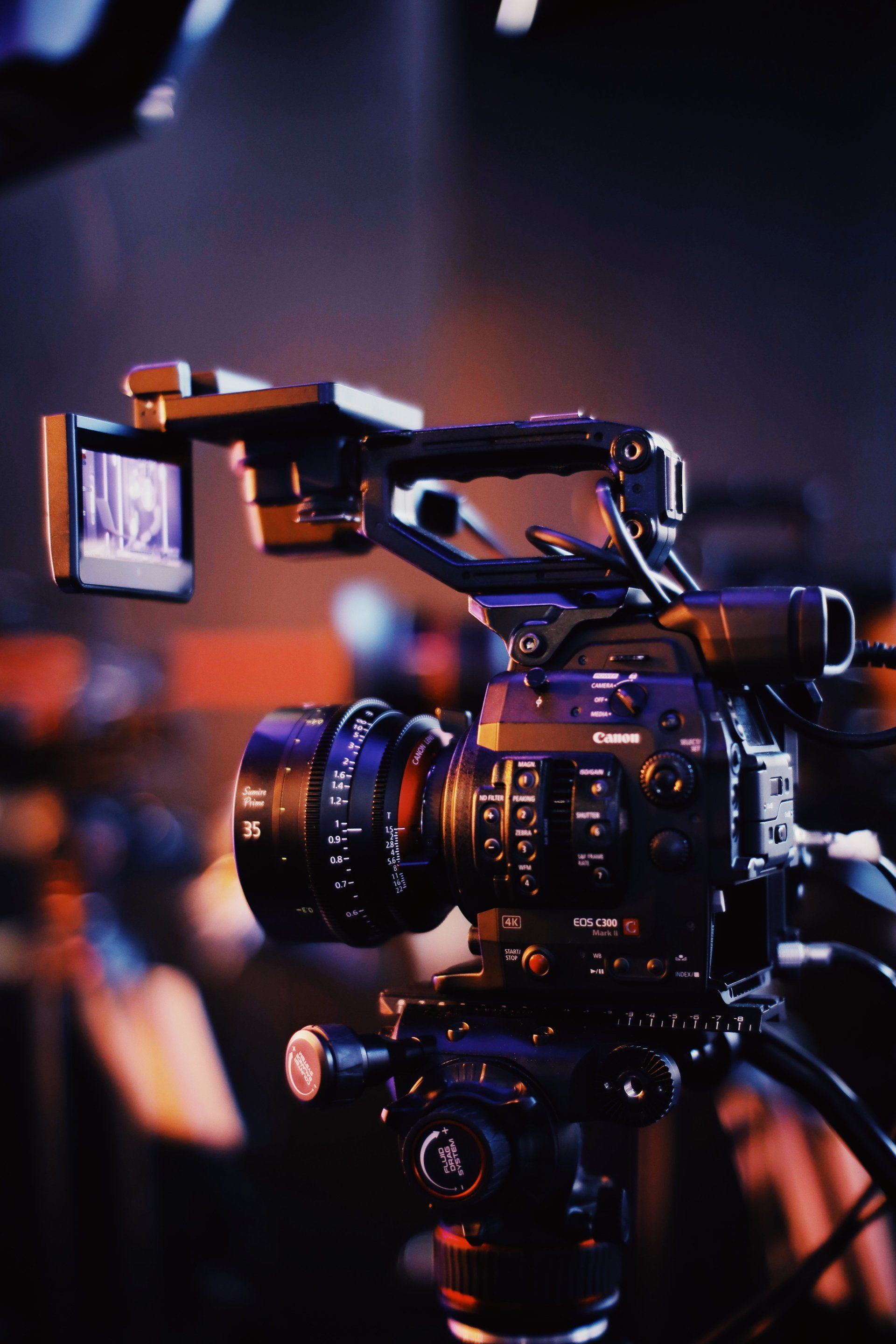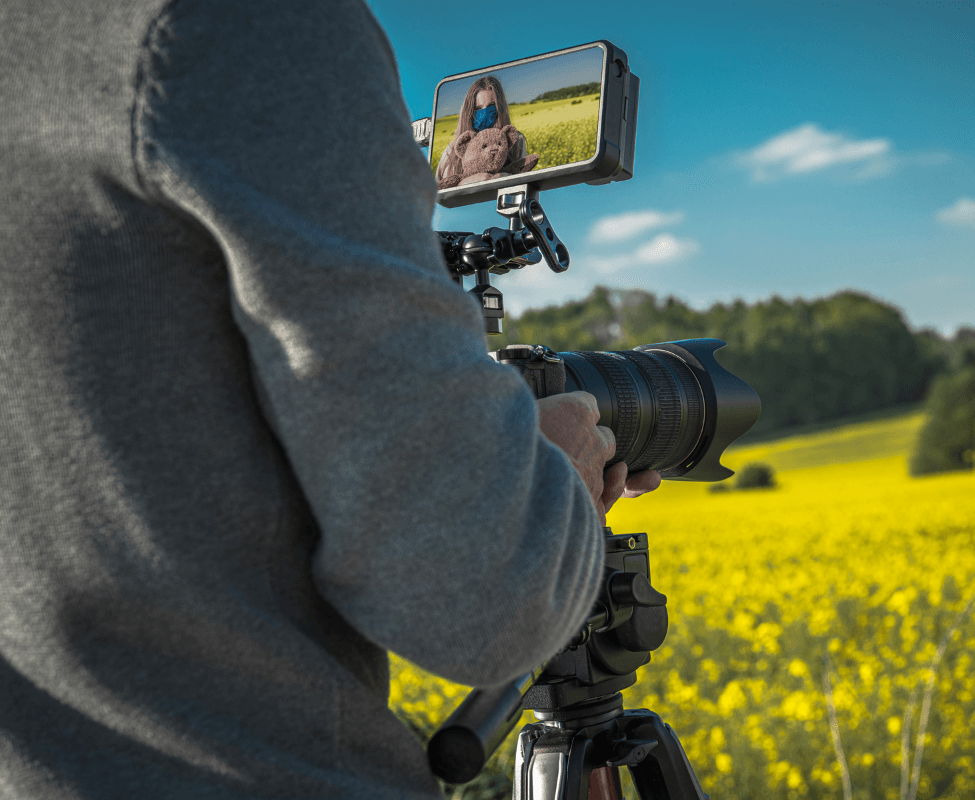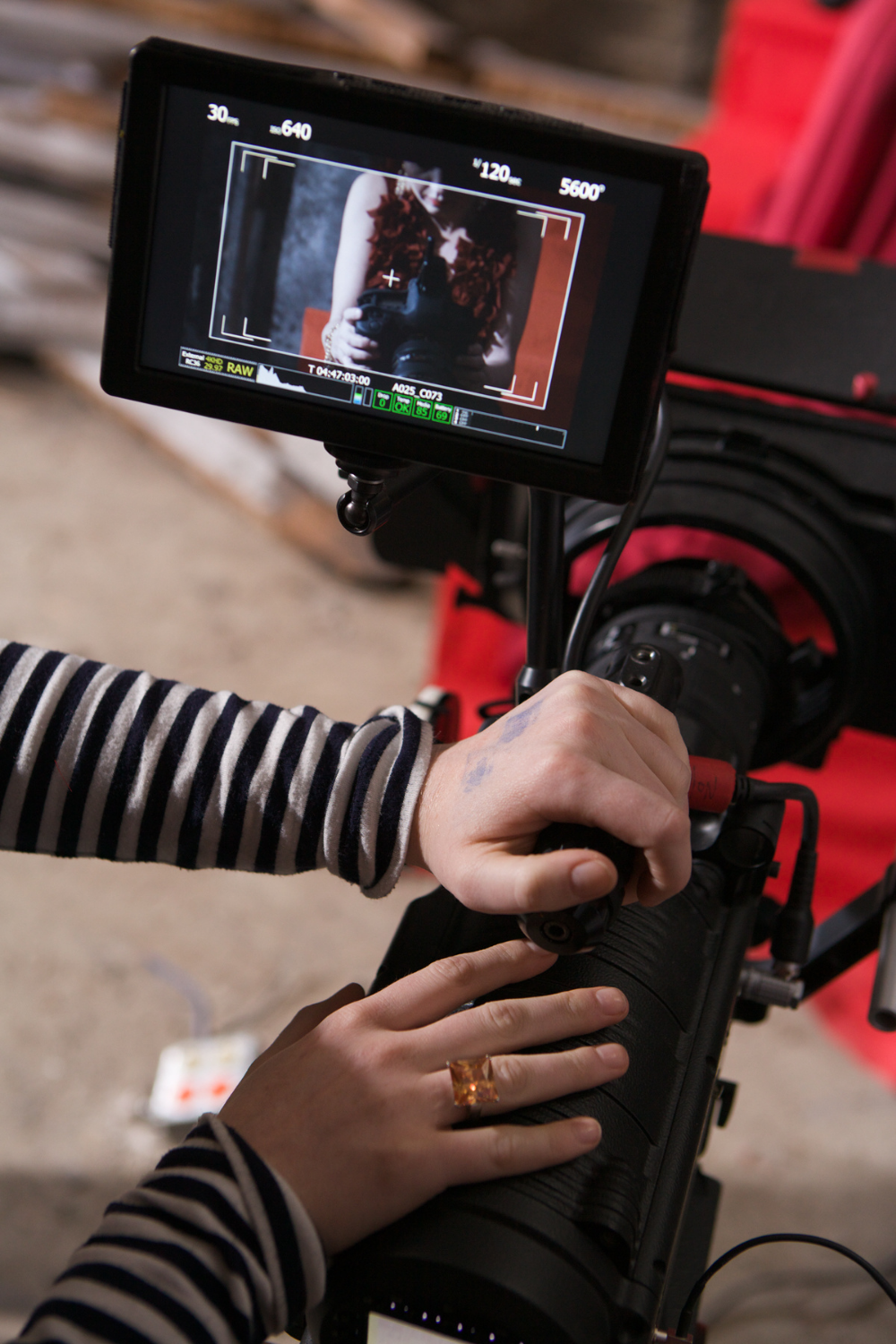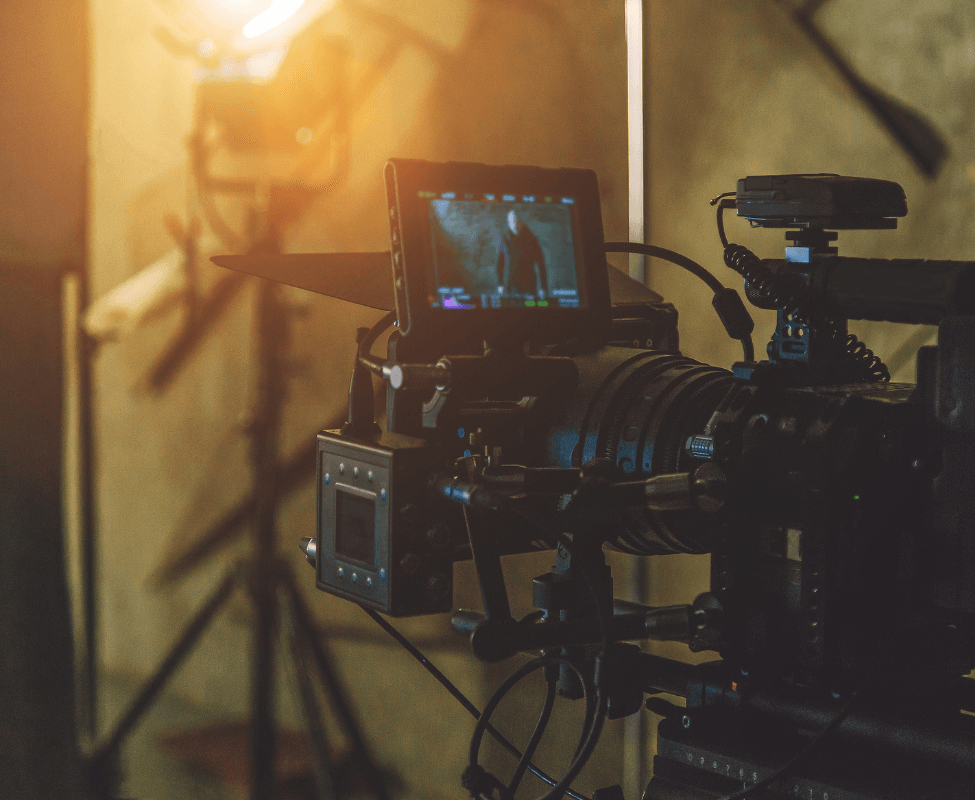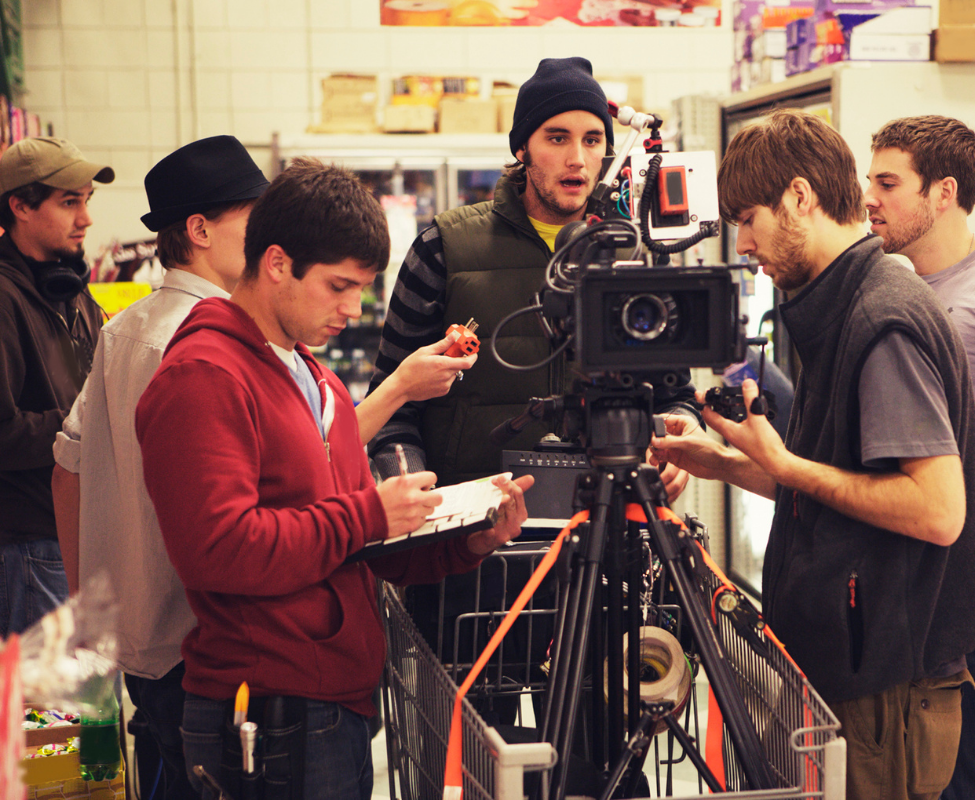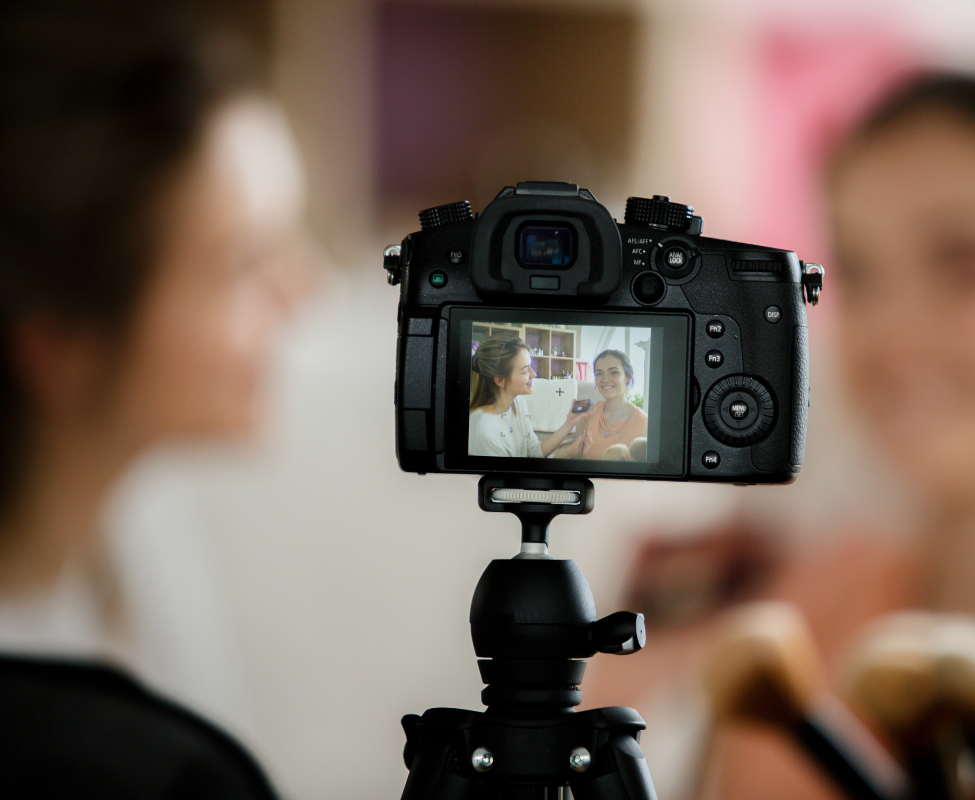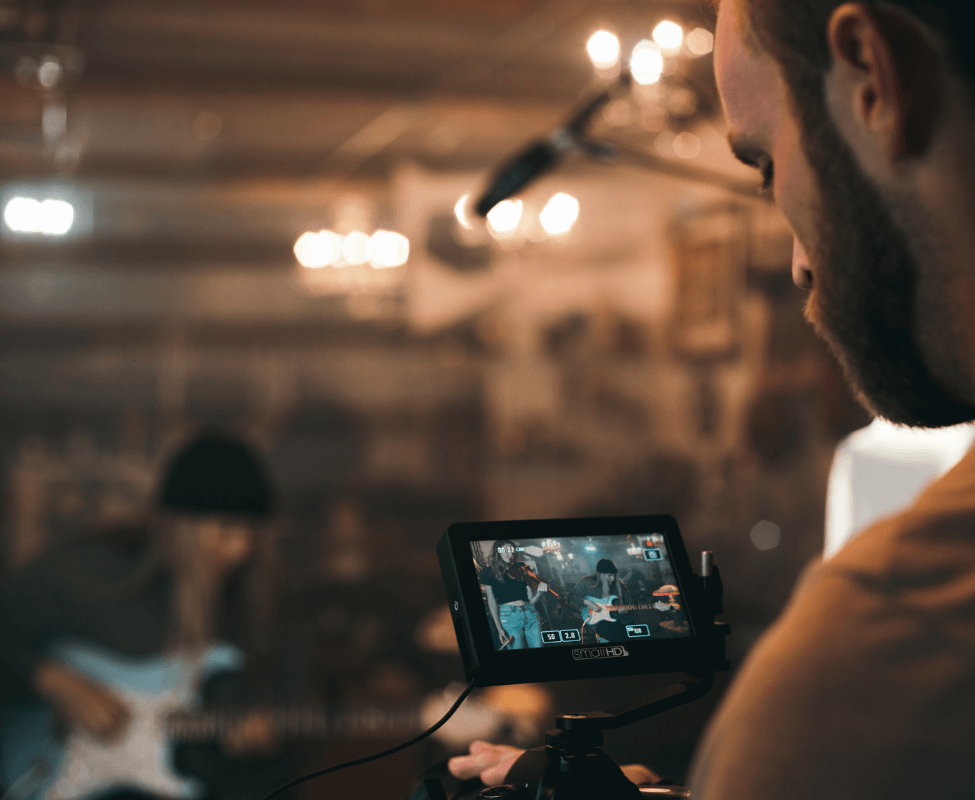Insurance for Film Production in New Mexico
8:30am - 5:00pm Mon-Fri
Will Reply in 15min*
Top 3 Recommended Policies
What Insurance Is Needed for Film Industry?
Mistakes, errors, and injuries are a part of the production process of a film. If you ask producers how they make a film, they will most likely tell you it is not a walk in the park; they will go on and on about how many mistakes they made before they could present a picture-perfect film everyone thought was flawless.
But did you know that there is a whole process and accident management plan laid out during the production process of a film? Film insurance is a necessary part of this. It can help you protect yourself from claims. When we see what goes on behind the scenes of a film, we know that it really isn’t as simple as it seems. Due to the number of accidents and injuries on set, it is not wise to start production unless and until one has a film insurance plan. Protecting yourself as a producer is one of the things that is of utmost importance. After all, you’re in it to make money. Any kind of insurance claim can eat up your profit, so it’s always better to be safe than sorry.
Many things can go wrong, such as equipment getting damaged during transportation or during the set-up, crew members getting injured due to stunts being played in the film, or shoots running late due to an unexpected turn of events. So, for this and many more countless and unimaginable reasons, film insurance becomes necessary to protect the production house or the producers against a possible claim.
Having said that, getting film insurance isn’t as easy as it seems. You need to first find out all about it and determine which plan suits you best, based on your requirements. These plans are full of legal jargon and technical language, which makes it very confusing for the production house to decide which one best suits their need. For this reason, below are some of the highly sought out film insurance policies that cover most of the events during filmmaking, along with some information and tips that you need to know to make an informed decision regarding the kind of insurance plan you need for your film production.
Over 180+ commercial clients covered
100% customer satisfaction guaranteed
Over 10 years of commercial insurance experience
Types of Insurance for Film Insurance in New Mexico
What is Film Insurance?
The big question remains, "what are film production insurance plans and what do they do?" Film insurance policies offer coverage that allows you to limit your liability up to a specified amount if anything goes wrong during or after filming the movie.
However, note that each policy is different and covers different aspects during film production. Most insurance plans are customized geared towards your company's needs. Some general insurance policy plans cover basic injuries and onset issues; you can also add highly personalized insurance plans that can better cater to your production plans and the nature of your shoot.
For instance, a film insurance policy may have things like underwater shooting or other sports; however, this would differ from a commercial shoot shot in a house that requires no stunts. In addition, a film could also attract a more expensive policy as the nature of the shoot can mean there is a crew injury at stake.
That said, all insurance policies are designed to protect the film production house or the producers from any legal claim should a mishap happen before, during, or after the film's production. The good thing about a film insurance plan is that it covers most things.
Ideally, the producer himself or the production house's owner purchases the insurance. The owner will know the kind of coverage he needs for the film, determining his next steps with the insurance company. The company will then lay out all the options that a film producer can avail to keep themselves protected at all costs.
Types of Film Insurance Policies
Now that you have a general overview of what film insurance is all about and why you need it, you must be wondering what type of insurance to buy. Here are a few types of film insurance.
General Liability Insurance
This type of insurance policy covers damages that happen to the location when shooting. However, it does not cover any injury or damage to the crew. Instead, it covers injuries to those who are not directly involved in the actual production process.
The general liability insurance also covers any damage to property during production, such as vehicles. This type of insurance coverage becomes essential if the production house has planned to shoot the film outdoors in a public setting with other variables at play, such as people, vehicles, or other people's property.
If you are producing the film in a public setting, such as in the middle of the city's downtown, your production house will need to obtain a permit from the governmental authorities. They will require you to have general liability insurance as one of the requirements to obtain a permit.
Pro Tip: If you want insurance for cast and crew members involved in the film production, that is covered by the worker's compensation policy.
Film Equipment Insurance
A lot of expensive equipment and gear goes into producing a film. You wouldn't want any of that equipment to get damaged or stolen. So whatever you do, never set foot on the site without equipment coverage as a basic rule.
An equipment insurance plan is not just to cover damage for the camera or other expensive equipment, but it also covers equipment such as rigs, tripods, dollies, tracks, mics, chairs that the talent uses. All this equipment is at risk of getting damaged or lost onsite hence getting film equipment insurance is one of the most crucial things a production house must do before the commencement of any film production.
One thing to note is that the production equipment insurance also covers any theft on site. Hence if you are worried about leaving your equipment unattended for a few minutes, do not worry as the equipment insurance covers theft.
Errors and Omissions Insurance
Even if your film’s production is complete and the final film is released to the masses, the danger is not quite over. There are intellectual property risks involved that can eat your profits up and dry your capital. Hence, getting errors and omissions insurance becomes crucial if you want to protect your film from copyright claims and unauthorized title use, character theft, ideas, or plots. This type of insurance also covers any plagiarism and unfair competition. Therefore, the industry demands you to have errors and omissions insurance coverage plans before releasing the movie online, in theatre, or a streaming service.
Note that the kind of insurance you will get from an insurance company largely depends on the nature of your film. If it's onsite in a small house without any stunts, you may not have to pay as much as those insurance plans that cover stunts and explosions to create a scene or sports activity that may mean a crew can be injured during the production. Whatever plan decide to take, remember that a good insurance plan must include all three of the insurance coverage plans to keep you protected against most of the claims that can potentially arise during the production of your film.
Short Term vs. Annual Film Production Insurance
Now that you are aware of the types of insurance you will need, let’s discuss the difference between short-term and annual film production to know which is best suited for you.
The type of insurance a producer should look into here depends on how many projects he is working on in the current year.
If your production house has multiple projects lined up, you are in a good position to get annual production insurance. However, if your yearly plan has only one or two film production plans, you may opt for short-term film production insurance plans as these will ensure that your productions are covered only project by project.
Short Term Insurance Coverage
If you opt for short-term insurance coverage, you will get coverage based on your projects in that time period. It covers the days needed for the shooting or the prep days before the commencement of the production days, even if it is only a day or two. This type of insurance policy may be suitable for a short film that does not require many months or weeks.
Annual Film Production Insurance
If you have a large-scale production house, then it is likely that you will be working on more than one or two productions. Instead, you may have your feet dug into quite a few films. In this case, going for a short-term insurance plan would not be wise. If you need insurance for multiple projects, getting an annual policy that covers all your films in the year would be the way to go. This is because annual film insurance allows the production houses to keep their insurance costs low in the long run while covering all aspects of the production.
Suppose you do not own a production house but work as a freelancer or a filmmaker and work independently on more than one film. In that case, you should secure yourself with an annual firm insurance policy that can cover all your projects.
Why Do You Need a Film Insurance Plan?
Everyone talks about getting car insurance, house insurance, or life insurance since these are the most common policies you’ll find. However, film insurance is also very important. Unfortunately, not much thought goes into it because we get to see the final product without knowing what went wrong behind the scenes. Only a film producer or a production house can tell you how daunting the production process is.
You can never be fully prepared for what's to come and what kind of accident can happen onsite. Things like an unexpected storm or an earthquake, or a fire can erupt, which is beyond anyone's control. There are other potential disasters that can happen as well.
As a film producer, you should always protect yourself against any issues that may arise when you least expect them. If there is a potential lawsuit against you or your production house, then all your money can go into settling these claims leaving you with no capital to shoot your film. Protecting the equipment and the lives of your crew should be of top priority to you.
Furthermore, insurance is an affordable option than paying for missing items or your crew's injury on site. Lawsuits can leave your resources dry; hence, getting the right insurance coverage becomes important and can help you survive under unforeseen circumstances.
You must find yourself the right insurance broker or the company that can give you the right insurance coverage plan for yourself and your production house.
Finding the Best Insurance Plan
After knowing your options, you must be wondering how you can get a suitable insurance plan for your production house before the commencement of your film.
The first thing you should do is find the list of all film insurance companies and brokers. This type of film insurance is only sold to entertainment brokers, who sell them to clients in customized packages.
Before looking for an entertainment broker, you must ensure that you find one that is devoted, licensed, and has had some experience in the past working with you or other film production houses. This is because you want the best bargain that covers all types of incidents along with good coverage, rates, and policies.
It would help if you also looked for an entertainment broker who is always available. During film production, a lot can go wrong without warning. During that time, it becomes essential for you to get advice or help from your broker regarding the coverage plan.
How Much Does It Cost to Get a Film Insurance Coverage Plan?
You must ask for a quote from all your entertainment brokers on the list. The cost of film insurance depends on your film’s budget, whether you are opting for annual or short-term insurance, and the level of risk involved in the production.
Ideally, most production houses keep 3% of the entire film's budget for film insurance. So if you have a budget of one million US dollars, you can keep $30,000 aside for film insurance.
Did you find this article helpful? Keep following us for more information on commercial insurance policies!
Request a Quote
Speak with Film Production Insurance specialist today!
Get started today!
Whether you are the owner a film production, you will need business insurance policies to protect your business and all those associated with it. We hope that with the four business insurance coverages that we have mentioned above, you will be able to find specialized insurance coverages that have been customized for the needs of your film production business. It is always better to be proactive instead of reactive.
Prefer to speak with an agent now?


